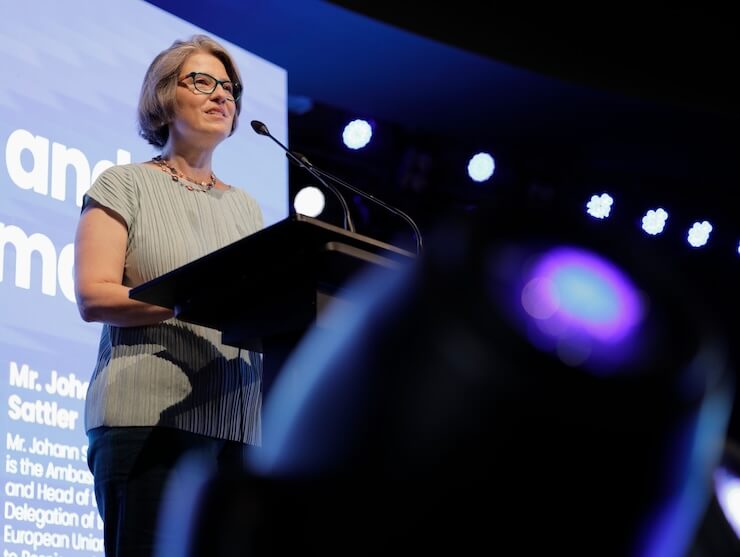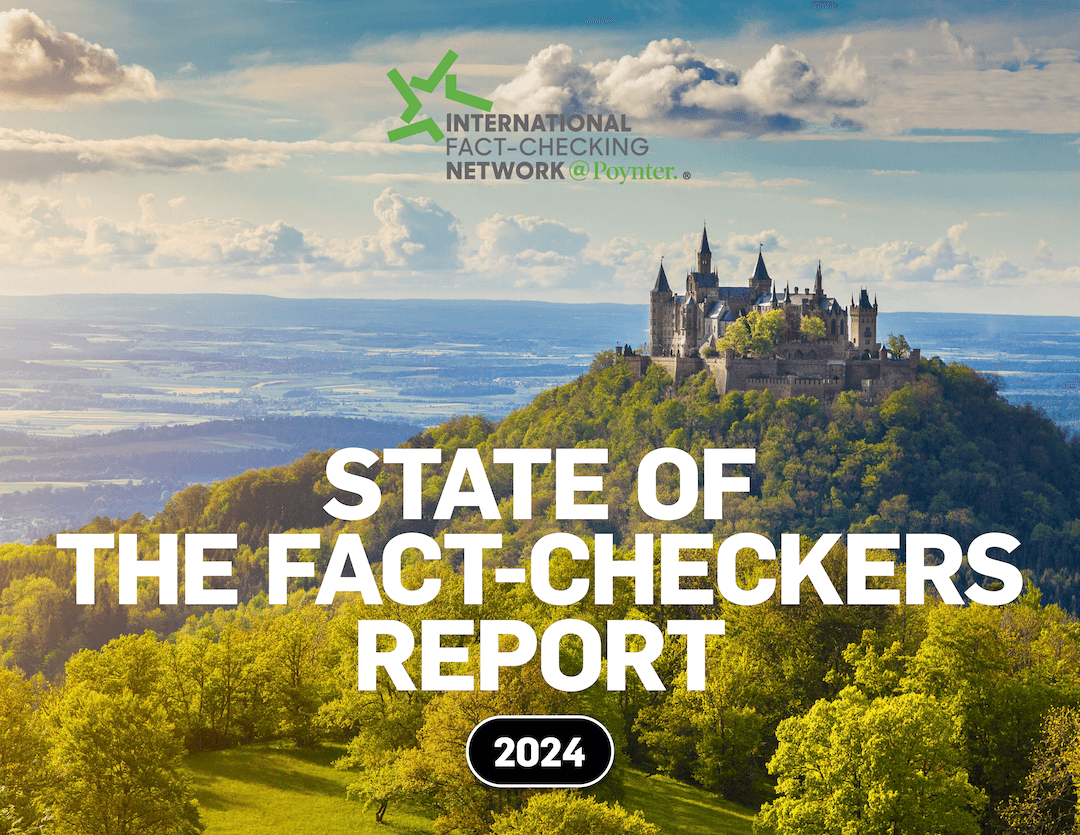Click the purple “culture” button on the homepage of the Racine (Wisconsin) County Eye, scroll down to “sports and recreation,” and you’ll see just one topic: esports.
“The Racine Unified School District Esports season started off with teams playing Overwatch, a team-based game where two opposing teams battle one another to capture objectives, in week one,” reads a story by staffer Mark Sanders. “This game features every sort of character, from the Ronin Samurai Archer, Hanzo Shimata, to a genetically enhanced hamster in a mechanized and weaponized hamster ball known as Hammond, the Wrecking Ball.”
Hold on now — this isn’t just teenagers playing video games.
In March, The Washington Post reported that the esports industry brought in $906 million last year. The Post covers esports. So does ESPN. And now, the tiny Racine County Eye is getting in the game, too.

[the_ad id=”667826″]
Good game, well played
The Racine County Eye launched in 2014 as a for-profit, online only site. It has three full-time reporters. Racine’s about 40 minutes south of Milwaukee, and according to the U. S. Census Bureau, has fewer than 80,000 people with 20% of the population living in poverty and a median household income of $42,590.
Publisher Denise Lockwood is using a solutions journalism approach to cover the city, its challenges and opportunities, including an influx of jobs that will come with a new 22 millionsquare-foot factory from Foxconn Technology Group. That approach includes a podcast about employment called “Help Wanted.”
Lockwood and the Eye want to help close a skills gap in a place where the poverty rate is high and 83% of the population has a high school diploma.
Elsewhere in town, James O’Hagan has spent the last few years building the esports program at Racine Unified School District. The program rents out space in the same building where the Eye is located.
When Sanders, an Eye staffer and serious gamer, learned of that program and that it went to the state competition, he wondered why it wasn’t getting more regular coverage. Sanders took the idea to Lockwood.
She didn’t get it.
At least at first.
“Denise,” she remembers he said. “Do you understand how important this is? These kids get scholarships, too.”
Related: The Times Picayune spent an entire year with a kids’ football team to tell the story of childhood trauma
[the_ad id=’667872′]
Lockwood started to see an opportunity.
“One of the things that we want to do is really facilitate this conversation around what work is,” she said. “This is one of the sectors that is going to be in high-need based on a county-wide report.”
Here’s how coverage will work:
Sanders will write weekly dispatches from the games that include featured players and plays of the week, which the Eye got sponsorship for.
For bigger trend stories about esports, O’Hagan said members of the school district’s esports program agreed to work with the Eye as “press secretaries,” pointing Sanders to stories that deserve coverage.
Lockwood also hopes to partner with area tech schools to introduce the esports team members to those programs and help them see how their skills can translate into careers.
“This is a really big deal because a lot of the kids that are playing these games are kids who don’t have technology in their homes,” Lockwood said.
It’s also a great way for the Eye to help a new generation understand how news is made and why it matters, she said.
“Nobody else is talking to these kids about why news is important.”
Flanked by GMs Velasquez and Fellion, these are some of the great Scholar Gamers from @THECASEEAGLES showing off their new #esports jerseys. #esportsedu pic.twitter.com/vK8jkiAbXV
— James O’Hagan (@jimohagan) October 24, 2019
Here to play
“It can’t be stressed enough that this is way more than the games,” O’Hagan said.
After several years working with two districts to set up esports programs, he’s found that esports have the potential to do several really positive things, including redefining athletic culture, including more kids and promoting good mental and physical health.
O’Hagan hasn’t seen any other local papers cover esports like the Eye is. They often write about new programs or competitions, but it stops there.
Related training: Digital tools to improve your work week
Sanders, whose all time favorite game is League of Legends, advises future esports reporters not to show up unprepared.
“If they don’t play the games, don’t bother. If you can’t talk the language with students, then don’t bother.”
People in the industry can sniff out a poser, O’Hagan said.
“The legitimacy of the story starts with how you even spell the word.”
AP’s guidance, for what it’s worth, is “esports in all references.”
Kristen Hare covers the transformation of local news for Poynter.org. She can be reached at khare@poynter.org or on Twitter at @kristenhare







